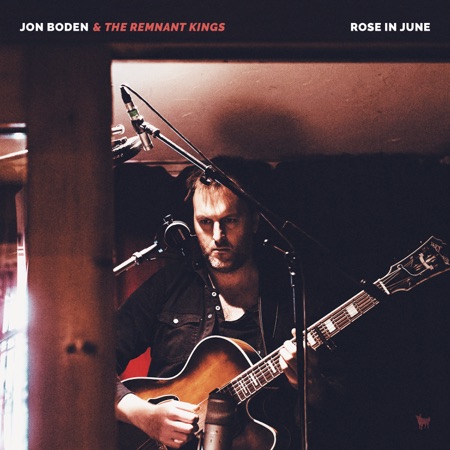I know I’m not giving much away when I say that this is one of 11 cuts to make Hedonism, due with us on October 4th. Jon once again refers to the Norfolk maestro, “Bellamy’s sublime live album Won’t You Go My Way ended ‘Last one so make the most of it…’ So it seems a good way to end August (is that the end of summer technically btw?)” As to the summer question my vote would be the equinox, although arguably, meteorologically it seemed to finish when the schools broke up as far as most of the UK is concerned. Speaking of schools, as a parent (formerly concerned now mostly immune), I had to include this link for the sheer inappropriateness of it. I hasten to add, the fault probably lies with the researcher for the article rather than the ‘former voice of Madeline the ragdoll from Bagpuss,’ or at least I hope so!! Mainly Norfolk as always has the Bellamy angle covered. Mudcat is dubious about the age and provenance of this song. Bellamy’s original notes were brief and simply refer to this and Fakenham Fair as “…straight forward good-time songs,” going on to claim they were “…both learned from Peter Bullen from Norwich who had them from his grandfather.” I see no reason to doubt this and the somewhat explicit nature may have put some of the collectors off documenting the song elsewhere, mind you that hasn’t stopped others making it to print. Still, either way, it naturally makes classic Bellowhead material for Jon to draw on here. Finally, I’ll add that trawling to the bottom one of the Mudat threads I found that the town motto of Yarmouth, Maine, is “Our latchstring always out.” The mind boggles! Perhaps you can add to this.
You can buy the August digital album now from all good download stores:





